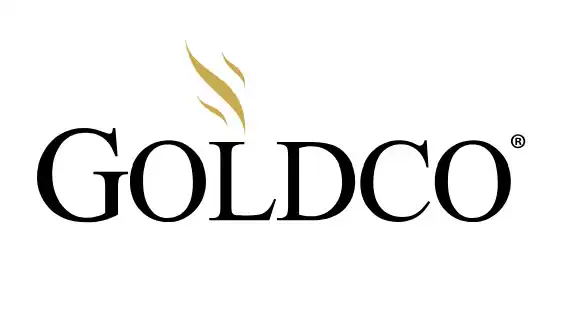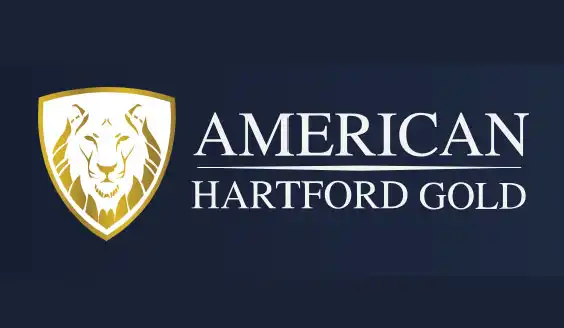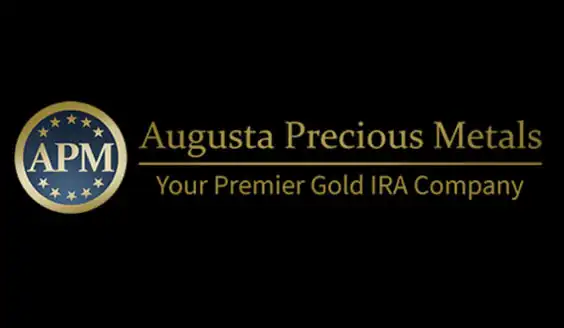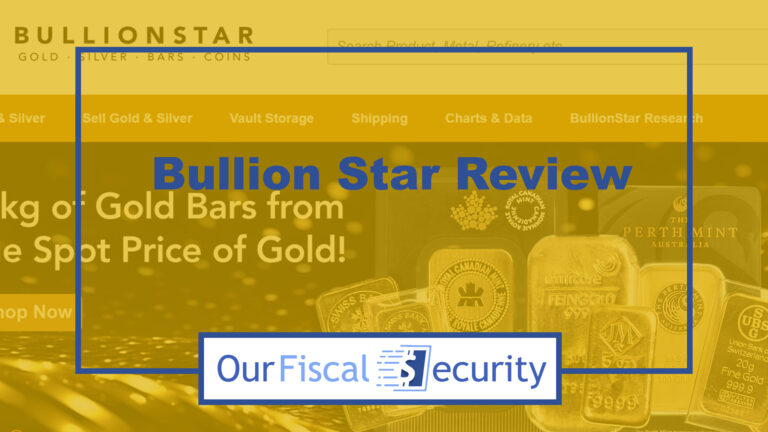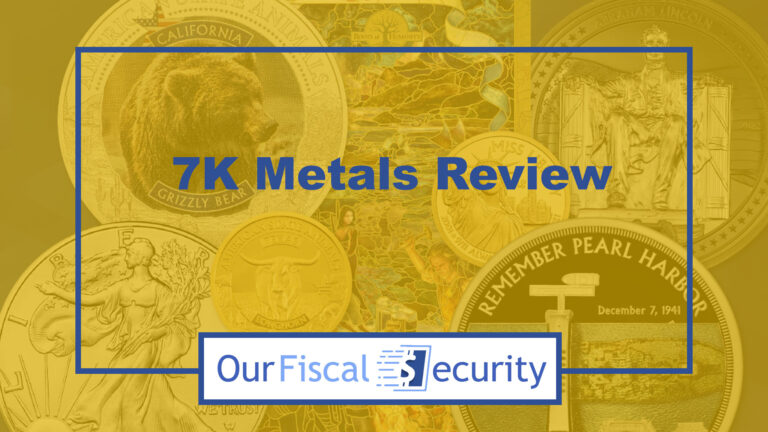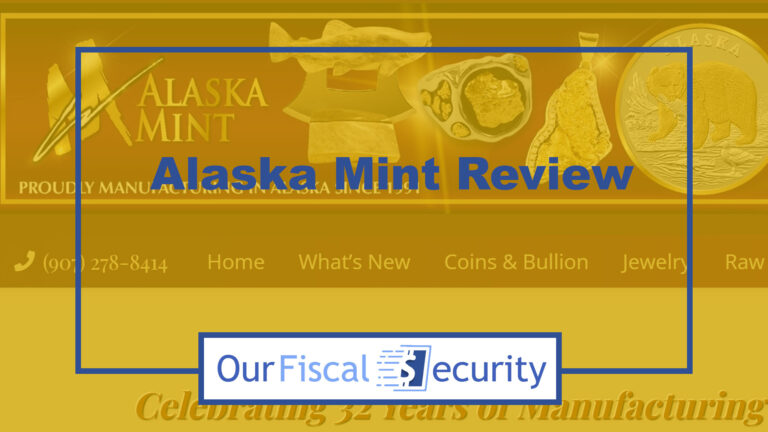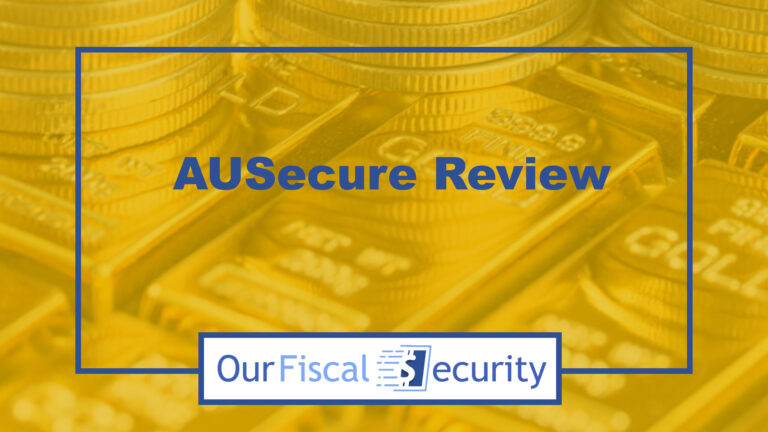The Entrust Group Review
Investing in alternative assets may seem easy, but you must prepare to do it if you want to avoid making mistakes or poor financial decisions. The first step toward success is to look for professionals who offer investment advice or services.
There are many companies out there, so how do you know you’re choosing the right one?
You must consider a few factors, such as experience, fees, services, etc. Taking your time before opening a new account could make all the difference for your investment.
On this page, we’ll cover The Entrust Group. It’s a company that specializes in self-directed retirement accounts. Thanks to its 40+ years of experience, many people have recommended the Entrust website for most investment needs.
Let’s find out if what The Entrust Group offers is the right service to cover your IRA needs.
About The Entrust Group’s Background
The Entrust Group focuses on two main areas. It provides education regarding alternative investments, and it also offers investing strategies and account administration services. In other words, if you want to start planning your retirement with a self-directed IRA custodian, you can do it with this company.
Something that makes The Entrust Group unique is that it doesn’t only manage client assets in self-directed IRAs. Essentially, this company allows you to invest in any product allowed by the IRS.
You can work with the following retirement accounts:
- Traditional IRA
- 401(k)s
- Roth IRA
- SEP and SIMPLE IRA
- Health Savings Account
- Education Savings Account
The Entrust Group has offices across the United States. It also goes under constant evaluation by several regulatory bodies, including the following:
- Securities and Exchange Commission
- Commodity Futures Trading Commission
- IRS Rules and Regulations
- Department of Labor Regulations
Furthermore, the company goes through internal regulations managed by:
- Stovall Grandey & Allen, LLP
- Financial Crimes Enforcement Network
- Foreign Bank and Financial Activity Reporting Policies
- Bank Secrecy Act Policies
At the time of writing, The Entrust Group has over 22,000 clients and $5 billion in assets, making it a reputable company for those wanting to manage their retirement funds and accounts.

Who’s Behind the Management Team?
The team behind The Entrust Group includes:
- Self-Directed IRA Professionals
- Real Estate Professionals
- Financial Service Providers
These experts aim to help you understand your investment opportunities, whether you’re interested in real estate, gold, or private placements. You’ll also get access to education options that will guide you through the regulations and requirements surrounding self-directed IRAs.
Hubert Bromma was responsible for founding The Entrust Group. He’s currently working as CEO of the company.
The rest of the team involves the following experts:
- Gary Kowalski – Chief Financial Officer
- Caroline Baldwin – Chief Product & Marketing Officer
- Tim Smith, Ph.D. – Director of Operations
- Haimy Kassa – Controller
What Are the Products and Services Offered by The Entrust Group?
The Entrust Group offers a wide variety of products and services, making it the ideal option for those who want to get everything they need from the same team.
You can invest in the following:
- Real Estate
- Precious Metals
- Private Lending
- Private Equity
- Cryptocurrency
Moreover, you get access to different purchasing strategies that could make your investment experience much easier.
While The Entrust Group offers plenty of educational opportunities to its clients, keep in mind it doesn’t provide financial advice. In other words, the company doesn’t endorse, recommend, or advise on any asset you might be interested in.
As an account holder, you’re responsible for doing research before making any decision. This company will help you through other areas, such as administration, information, and investment tools.
If you want specific guidance surrounding your account, you should consider hiring financial planners.
Open Up A Qualifying Gold IRA Today & Get Up To $10,000 In FREE Silver Today!
About the Company’s Fee Structure
The Entrust Group works with a specific fee structure to comply with all IRS policies. Thanks to the company’s transparency, you won’t be surprised by any hidden expenses.
Here’s an overview of what you should expect:
- Account Establishment Fee – $50
- Annual Recordkeeping Fees (Single Asset) – $199 per year for a total asset value under $50,000. You must pay an additional 0.15% of your total asset value if it’s at $50,000 or higher. This amount excludes cash.
- Annual Recordkeeping Fees (Multiple Assets) – $299 per year for a TAV under $50,000. Likewise, you must pay 0.15% of the entire amount if your TAV is at $50,000 or higher. This amount excludes cash.
- Purchase and Sale of Asset Fees – From $0 to $250, depending on what you’re planning to invest in.
- Transaction Fees – These vary depending on different factors. We suggest you go to the company’s fee section to learn more.
What’s a Self-Directed IRA?
A self-directed IRA is an “Individual Retirement Account” that allows you to have better control over your assets. It also helps people when investing in alternative products, such as cryptocurrencies, real estate, and precious metals.
Traditional IRAs give investors the opportunity to buy stocks, mutual funds, and bonds. Opening a self-directed account might offer more investment opportunities.
You can get many benefits from opening a self-directed IRA, including the potential for higher ROIs, leverage on your tax-advantaged plans, portfolio diversification, and more.
Of course, if you want the best results with your account, make sure to research the markets and recent investment trends as thoroughly as possible. This will give you the upper hand when buying or selling any product.
How to Set Up a Self-Directed IRA in Four Simple Steps

Opening a self-directed IRA (or SDIRA) isn’t complicated. However, we recommend to take your time and choose the best strategy available according to your needs and goals.
Here’s an overview of how you can set up your new account quickly:
1. Learn the Basics
The process to open an SDIRA isn’t too different from a traditional account. Still, you should do research and discover the potential differences between each option.
Once you understand the basics involved with these retirement accounts, the rest of the process will become much easier.
2. Plan Your Investment Strategy
While you may be tempted to open an account and plan your strategy as you go, this may not be the best option available. You should always create an investment strategy that includes what you want to invest in, what the potential risks associated with the account are, and how you can deal with them.
Many investors lose their hard-earned money because they don’t take the time to prepare a strategy. Regardless of what your goal is, it’s always better to be safe than sorry.
3. Choose a Type of Account
You’ll make a crucial decision here. Investors may choose between a self-directed traditional IRA or a self-directed Roth IRA. Both options have the same goal of preparing you for retirement, but they have a different approach:
- Your traditional IRA money will grow tax-deferred. In other words, you’ll pay ordinary income tax when withdrawing your funds. Furthermore, you’re required to take distributions after you turn 73.
- Roth IRAs, however, allow your money to grow tax-free. You’ll pay income tax as soon as you make the contributions, which means you don’t have to worry about that when making a withdrawal. Unlike traditional IRAs, a Roth IRA doesn’t require you to take distributions.
4. Fund the Account
Finally, you must fund your account. There are plenty of options to go over this step, and we’ll cover them below.
How to Fund Your Account
You have three different options for funding your new account. All of them have their benefits and drawbacks, so make sure to compare them thoroughly before deciding.
IRA Cash Contributions
This is often the easiest way to contribute to your account, but it requires you to have a stable income. You also should be under 70 years old.
- Regarding the contribution limit for 2023, it’s $6,500 per year (or $7,500 if you’re over 50).
- The 2024 tax year, on the other hand, will raise the limits to $7,000 for those under 50 and $8,000 for people over 50.
You can fund your account through different methods, including checks, wire transfers, and ACH transfers. Choose the option that feels more comfortable for you.
IRA Rollover
A rollover is likely one of the easiest options to move your funds from an employer-sponsored plan like a 401(k) to an IRA. You can choose between a direct or indirect rollover, although the former option is usually the best one for most investors.
IRA Transfer
IRA transfers allow you to move your funds between two accounts of the same type. You can, for example, transfer an IRA you have at a certain bank to another one from another bank.
If you’re going with this method, make sure that your new bank accepts and supports self-directed IRAs.
Discover the advantages of a Gold IRA. Learn exactly how you can safeguard your retirement from economic uncertainties and politics today.
How to Move Your 401(k) to a Gold IRA Without a Penalty
You can move your 401(k) to your gold IRA through a process called a “rollover.” As mentioned, the process involves taking out the money from your old retirement account so that you can transfer it into the new one.
When you make a direct rollover, all you have to do is initiate the process with the custodian. They will move the money from one institution to the other. In other words, you won’t have to do anything.
Indirect rollovers, on the other hand, will deposit the funds into your account. You’re then responsible for depositing them into the new account within 60 days. Missing the deadline will result in penalties.
Distributions from 401(k)s will require a 20% withhold, but you’re still required to deposit the full amount into the IRA. Once you’re done, you can reclaim the withheld amount on your next tax return. Make sure you understand the gold IRA tax rules before you make this move.
All the Investment Options Available with Self-Directed IRAs
Let’s look at all the investment options you have available with a self-directed IRA:
Real Estate
It allows you to invest in mortgage notes or single-family homes, which can help you grow your portfolio.
Private Equity
You can invest in hedge funds, land trusts, or startups. If you made the right call, you could see significant growth in your portfolio.
Alternative Investment Options
Self-directed IRAs allow you to invest in many different assets, including art galleries, cryptocurrencies, storage spaces, retirement homes, life settlements, and more.
Precious Metals
Precious metals are among the best alternative investments for people. These are great because they serve as an amazing hedge against inflation/deflation.
Some common metals include gold, silver, platinum, and palladium.
Are There Any Contribution Limits?
While investors aren’t required to contribute to their accounts every year, there are a few limits to be aware of. Here’s an overview of everything you should know:
Limits with Traditional and Roth IRA Accounts
Both types of accounts have a similar contribution limit. As mentioned previously, it’s:
- 2023 – $6,500 for those under 50 and $7,500 for people over 50.
- 2024 – $7,000 for investors under 50 and $8,000 for anyone over 50.
The main difference is that a Roth IRA requires investors to have a certain amount of taxable income. They must also be aware of their tax deadline because they have to open their account before that date.
Limits with Simple IRA Accounts
Employees can contribute up to $16,000 from their salary in 2024. In 2023, this amount was set at $15,500. These have an additional $3,500 catch-up contribution for those who are 50 or older.
An Overview About Reviews from Clients
The Entrust Group has mixed reviews, which isn’t rare considering how long the company has been around. Most of the negative reviews talk about the company’s “inconsistent service” and “poor customer support.”
Positive reviews, on the other hand, praise the company for its investment options, educational resources, and reasonable fees.
Pros and Cons of The Entrust Group
Pros
- It has several offices across the nation, making the company more accessible.
- It currently has over $5 billion in assets, making it an exceptional service provider.
- You can use the company’s referral program to waive the $50 fee to open your account.
Cons
- You don’t get any storage options. This means you must find them on your own.
- The Entrust Group doesn’t provide any legal or financial advice, so you must hire a financial planner for that.
- Your annual fees don’t cover depository costs.
- The customer service department may be inconsistent, according to some Entrust Group reviews.
Our Verdict – Is The Entrust Group Worth Your Time?
After countless hours of research, we can say that The Entrust Group checks all the boxes for being a reputable and transparent company.
We didn’t have any issues during set-up or any other part of our investment process. If you’re planning to open a retirement account, this company might be the right option.
Feel free to contact The Entrust Group today, and discover all the options you have available with these professionals.
|
5.0
|
4.7
|
4.5
|




